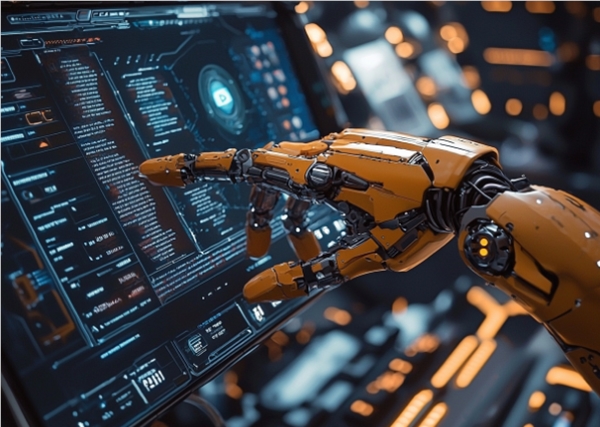With the development of generative AI technology, the legal nature of AI-generated content has attracted widespread attention, especially the issue of input prompts has gradually been given more consideration. Recently, the Huangpu District People's Court of Shanghai made a first-instance judgment in a copyright infringement case involving AI prompts, becoming the first case in this field.

The plaintiff is an art creation company that sued two defendants for six sets of prompts it created in 2022. The content of the plaintiff's prompts covered the artistic style, main elements, and material details of the paintings, such as "Art Nouveau illustration — Giant sapphire water jellyfish" and "Luxurious gold-inlaid wooden frame." These prompts were used to generate artworks on the Midjourney platform and were posted on social media platforms. However, the defendant's works were highly similar to the plaintiff's generated paintings, and the plaintiff believed this infringed on its copyright over the prompts and requested the cessation of the infringement and compensation.
The defendants argued that the prompts are not protected works under copyright law, and their actions do not constitute infringement. They also stated that the plaintiff had waived relevant rights when using Midjourney, believing their actions fell within the scope of fair use.
After the trial, the court ruled that the six sets of prompts were merely simple instructions or descriptions, lacking the necessary originality. The structure of the prompts was only a basic list of elements and did not reflect the author's personalized creation or unique artistic judgment. The court pointed out that although the prompts conveyed a certain creative intent, they did not have the characteristics required for a work under copyright law. Therefore, the plaintiff did not have copyright over the prompts, and the court dismissed all of the plaintiff's claims.
This judgment provides new considerations for intellectual property protection in the AI field and offers a reference for handling similar cases in the future.
Key Points:
🌟 The plaintiff is an art creation company that sued the defendant for copyright infringement due to works generated from prompts.
📝 The defendant argued that prompts are not protected by copyright law and fall within the scope of fair use.
⚖️ The court ruled that the prompts lack originality and the plaintiff does not have copyright over them, dismissing the lawsuit.










